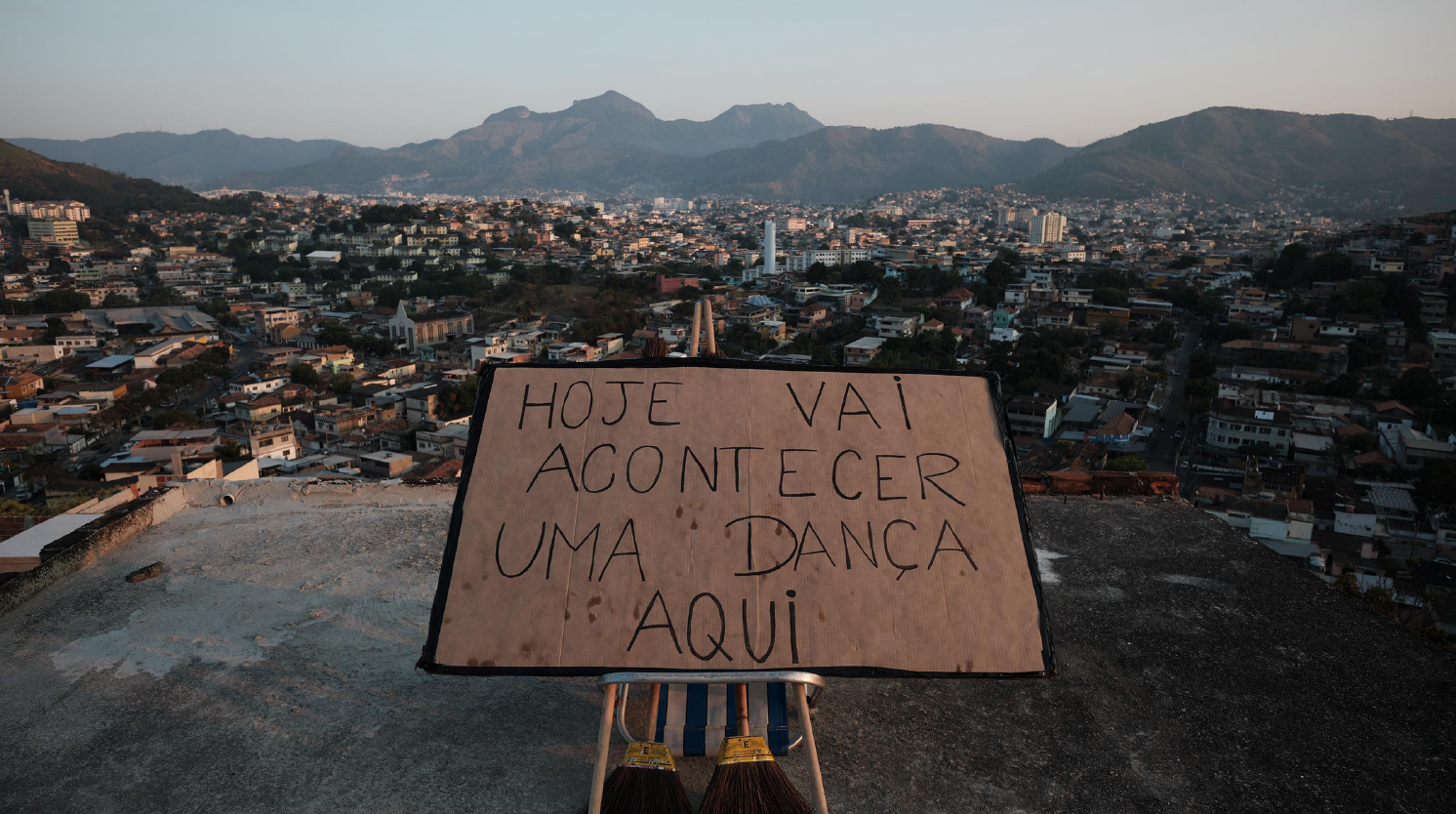Spatial Ecologies
Co-organized by Co-Investigators Sérgio Andrade (Universidade Federal do Rio de Janeiro), Selena Couture (University of Alberta), and Diana Taylor (New York University), Spatial Ecologies examines artistic responses to the global pandemic, with a particular focus on ecologies of community care that have emerged within historically marginalized communities across rural, suburban and urban contexts. Spatial Ecologies cultivates creative strategies for the protection of and rights to Indigenous lands and waters, the agency of Indigenous knowledge and traditions, and the right to exist. The goal of the project is to provide an opportunity to share work with one another in the form of “Shared Residencies,” a methodology created by our partner LabCrítica that develops residencies across different sites in the Americas that coalesce around a particular theme. The Shared Residencies will culminate in a “postal art action” at the end — another hemispheric methodology that we are exploring to connect artistic work across the Americas. Currently, Spatial Ecologies includes:
Shared Residencies at LabCrítica: 3 Brazilian-based performance projects from Rio de Janeiro and the Amazonas, working with LabCrítica (led by Andrade), each group making work in response to the intensification of their territorial struggles in the context of the pandemic. Those are:
- A collaboration with the Yara Costa & Itacoatiara-Mirim Community, an Indigenous community in the Amazonian peri-urban area of São Gabriel da Cachoeira/ Amazonas (see some of their projects here: Podāali, Wetapena Nette Ianhapakatti)
- A collaboration with onucleo & Aldeia Maraka’nã, members of the Maraka’nã Village Indigenous resistance movement in Rio (see a documentary that features Zé Guajajara and the Aldeia Maraka’nã’s Indigenous University project here – in particular the section from 3:53 to 6:39) and a cartographic exercise by onucleo in the Aldeia).
- A collaboration with dance artist Taís Almeida, musician Pablo Cavalcanti, and other members of Frente Calvacanti (Calvacanti Front), a collective of local Calvanti residents who came together in 2020 during the pandemic to combat the health and social impacts of Covid-19 through community actions. (See this short video of their pandemic dance project, BERRO).
The Zip Code Memory Project, a New York-based project co-led by Taylor, hosted by Columbia University’s Centre for the Study of Social Difference (with several other sponsoring partners), focusing on “community-based ways to memorialize the devastating losses resulting from the Coronavirus pandemic while also acknowledging its radically differential effects on Upper New York City neighborhoods.”
More info to follow soon on Canadian partnerships on the Spatial Ecologies project, organized by Ecologies Co-Lead Selena Couture.
